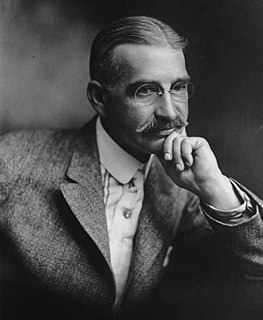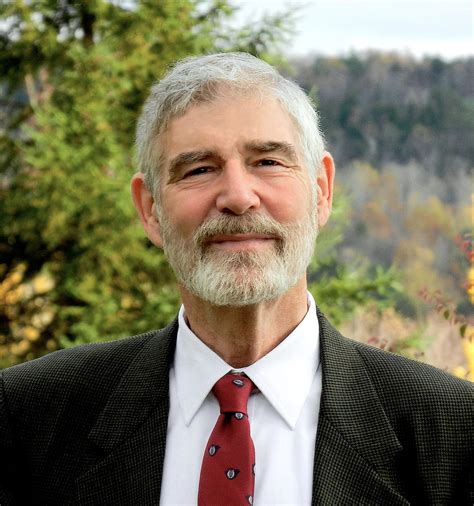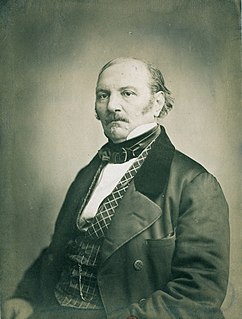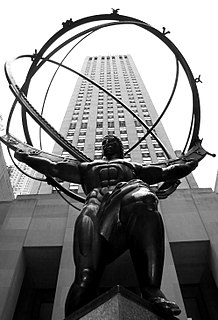A Quote by L. Frank Baum
. . .It is the Law that while Evil, unopposed, may accomplish terrible deeds, the power of Good can never be overthrown when opposed to Evil. . .
Related Quotes
While God is not the author of evil and He never prompts or condones sin, nothing occurs without His sovereign oversight. Others may choose to do evil deeds and God's people may suffer in the short term, but He will transform the evil intentions of evil people into opportunities for the enrichment of those in His care.
In the story of the Creation we read: ". . . And behold, it was very good." But, in the passage where Moses reproves Israel, the verse says: "See, I have set before thee this day life and good, and death and evil." Where did the evil come from? Evil too is good. It is the lowest rung of perfect goodness. If you do good deeds, even evil will become good; but if you sin, evil will really become evil.
When one has once accepted and absorbed Evil, it no longer demands the unfitness of the means. The ulterior motives with which youabsorb and assimilate Evil are not your own but those of Evil.... Evil is whatever distracts. Evil knows of the Good, but Good does not know of Evil. Knowledge of oneself is something only Evil has. One means that Evil has is the dialogue.... One cannot pay Evil in installments--and one always keeps on trying to.
When you say there's too much evil in this world you assume there's good. When you assume there's good, you assume there's such a thing as a moral law on the basis of which to differentiate between good and evil. But if you assume a moral law, you must posit a moral Law Giver, but that's Who you're trying to disprove and not prove. Because if there's no moral Law Giver, there's no moral law. If there's no moral law, there's no good. If there's no good, there's no evil. What is your question?
God did not create the evil. He established the laws which are always good because he is good. The spirits would have been completely happy had they faithfully observed the law since the beginning. But, being free to make choices, the spirits have not properly obeyed them so that evil come as a consequence of this unwillingness. One can then say that good corresponds to everything which is in accordance with God's law while evil is everything which opposes it.
The rifle itself has no moral stature, since it has no will of its own. Naturally, it may be used by evil men for evil purposes, but there are more good men than evil, and while the latter cannot be persuaded to the path of righteousness by propaganda, they can certainly be corrected by good men with rifles.
For the first time in history, the rational and the good are fully armed in the battle against evil. Here we finally find the answer to our paradox; now we can understand the nature of the social power held by evil. Ultimately, the evil, the irrational, truly has no power. The evil men’s control of morality is transient; it lives on borrowed time made possible only by the errors of the good. In time, as more honest men grasp the truth, evil’s stranglehold will be easily broken.
My study of Gandhi convinced me that true pacifism is not nonresistance to evil, but nonviolent resistance to evil. Between the two positions, there is a world of difference. Gandhi resisted evil with as much vigor and power as the violent resister, but True pacifism is not unrealistic submission to evil power. It is rather a courageous confrontation of evil by the power of love. . . .
As one whose husband and mother-in-law have died the victims of murder and assassination, I stand firmly and unequivocally opposed to the death penalty for those convicted of capital offenses. An evil deed is not redeemed by an evil deed of retaliation. Justice is never advanced in the taking of a human life. Morality is never upheld by a legalized murder.
When you see evil do not form ideas that are in the likeness of that evil; do not think of the evil as bad, but try to understand the forces that are back of that evil—forces that are good in themselves, though misdirected in their present state. By trying to understand the nature of the power that is back of evil or adversity, you will not form bad ideas, and therefore will feel no bad effects from experiences that may seem undesirable. At the same time, you will think your own thought about the experiences, thereby developing the power of the master mind.
If we say that monsters [people who do terrible evil] are beyond forgiving, we give them a power they should never have...they are given the power to keep their evil alive in the hearts of those who suffered most. We give them power to condemn their victims to live forever with the hurting memory of their painful pasts. We give the monsters the last word.



































